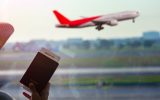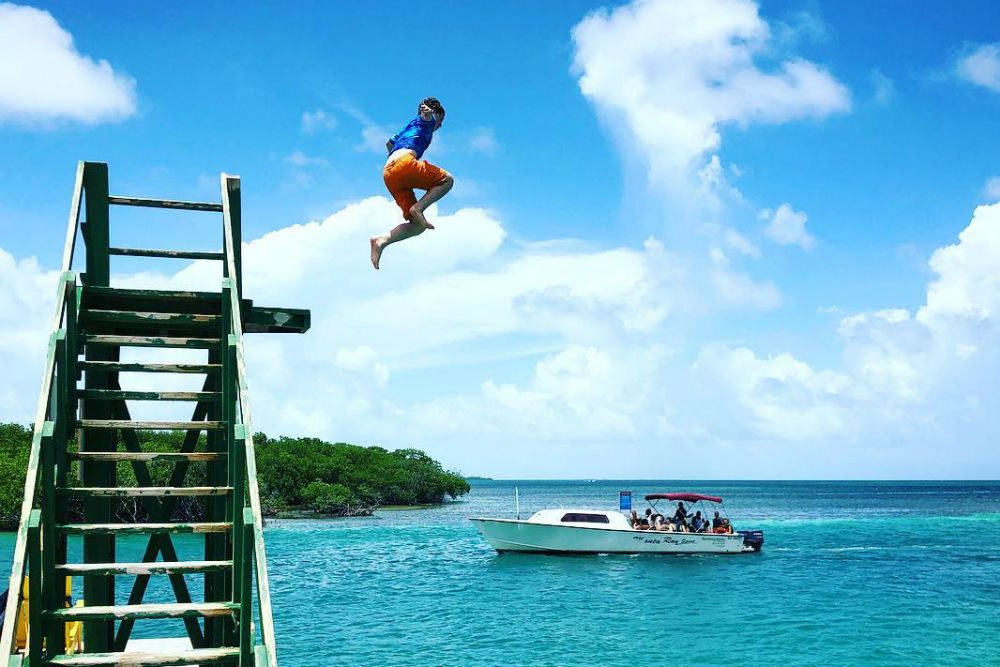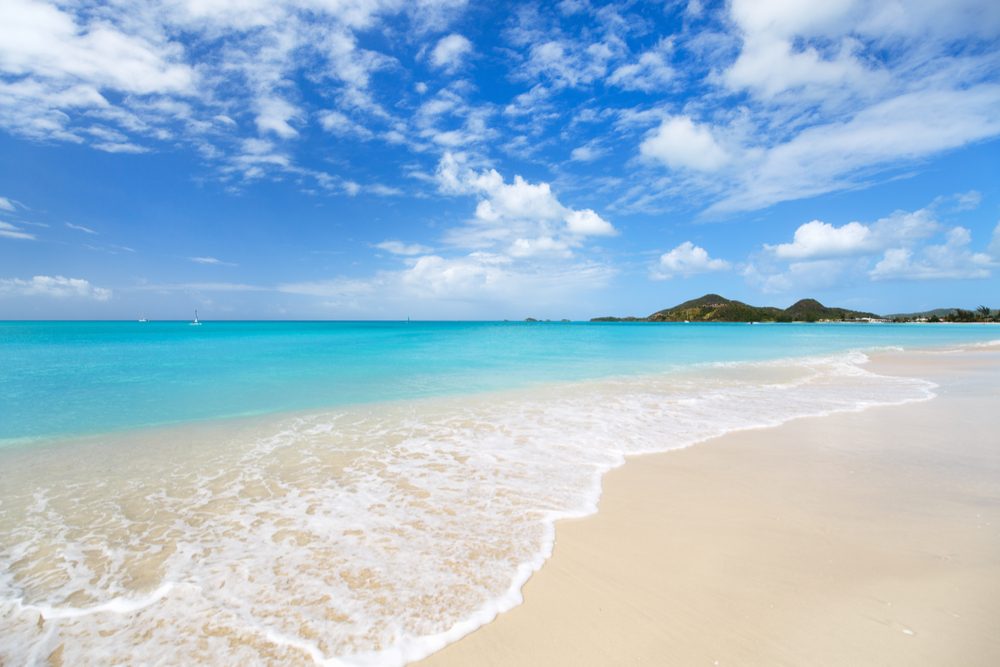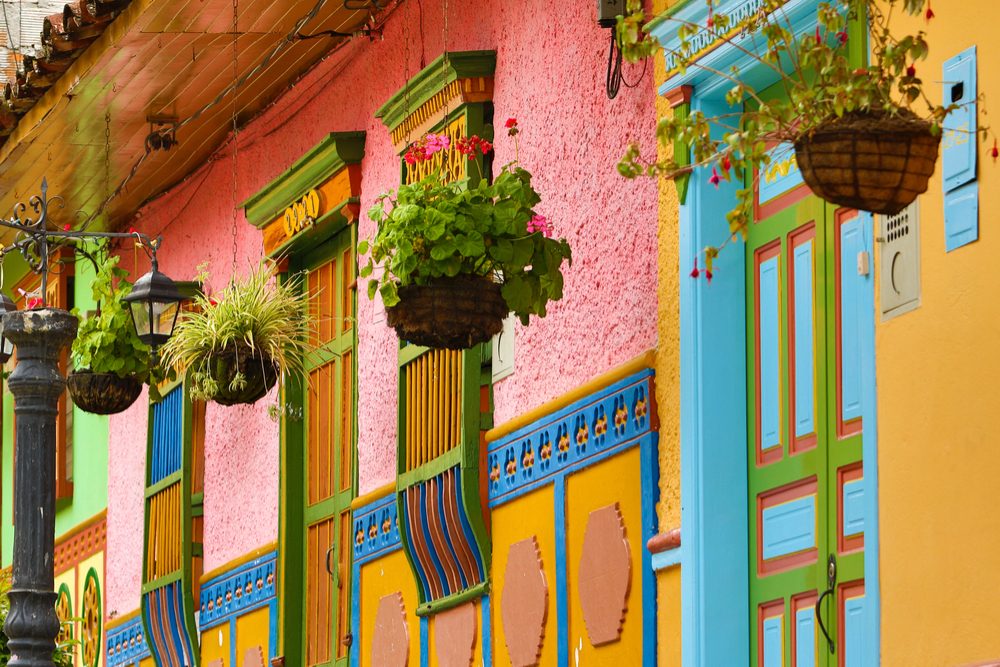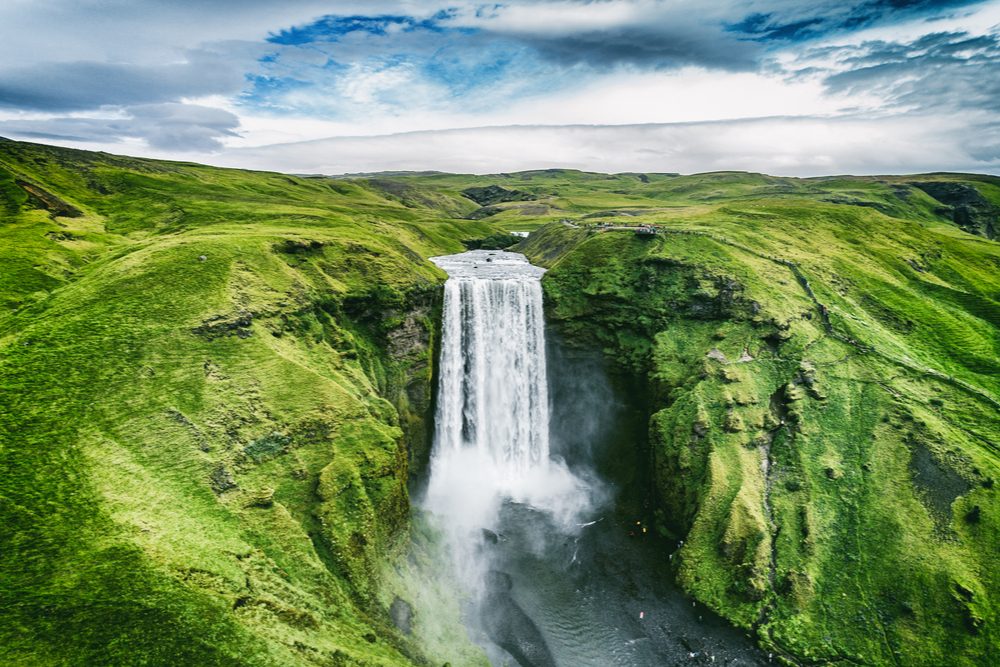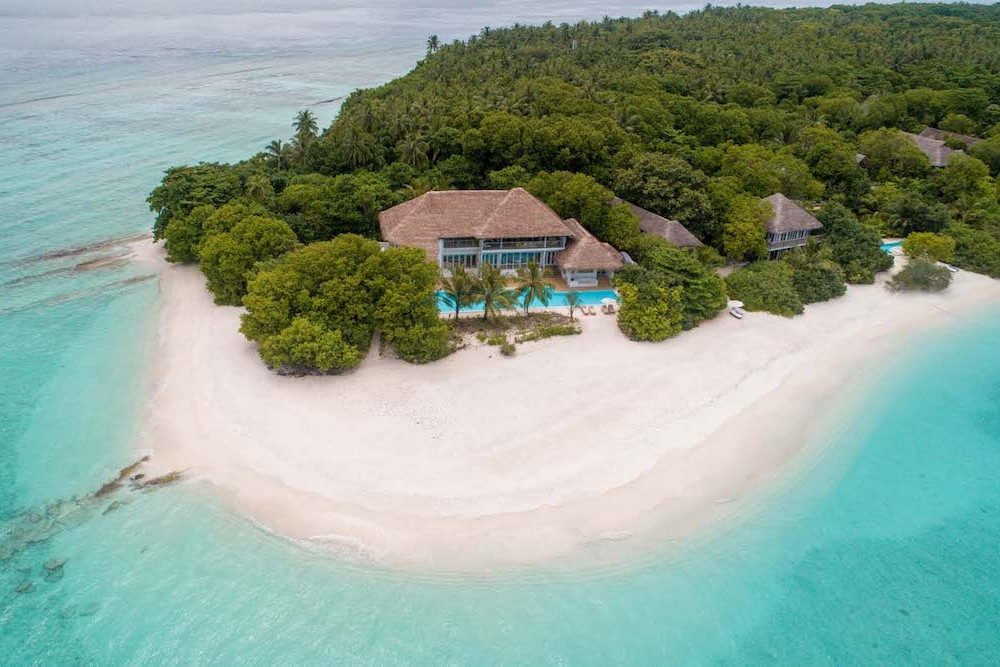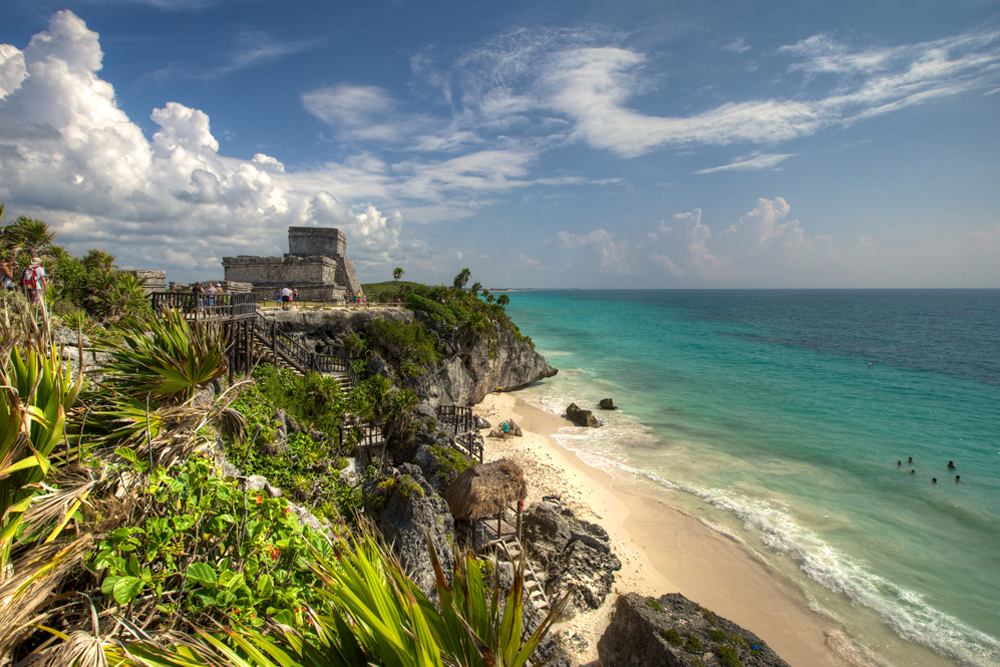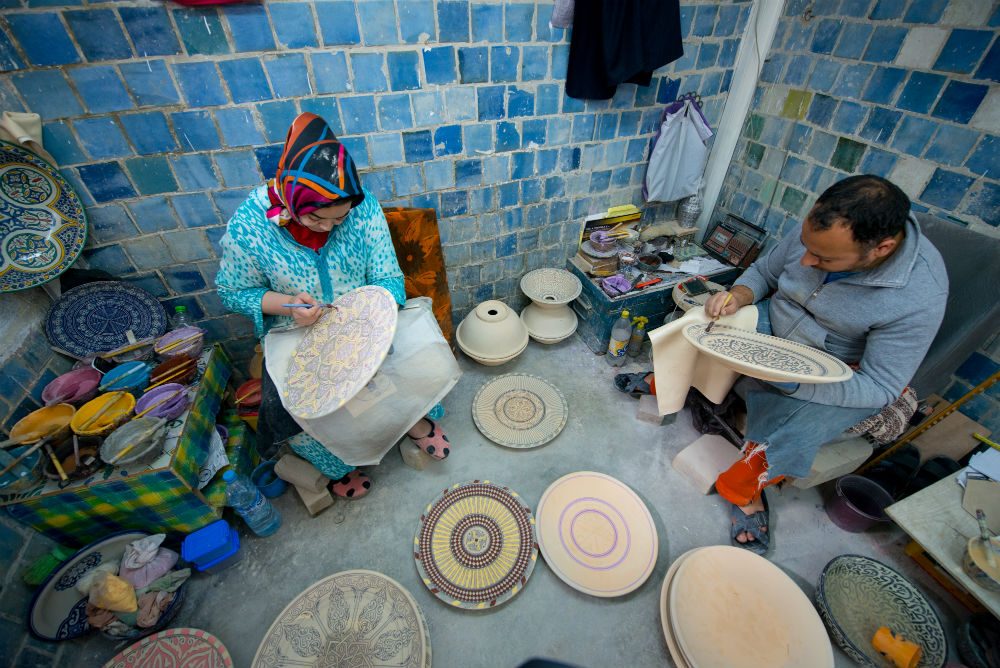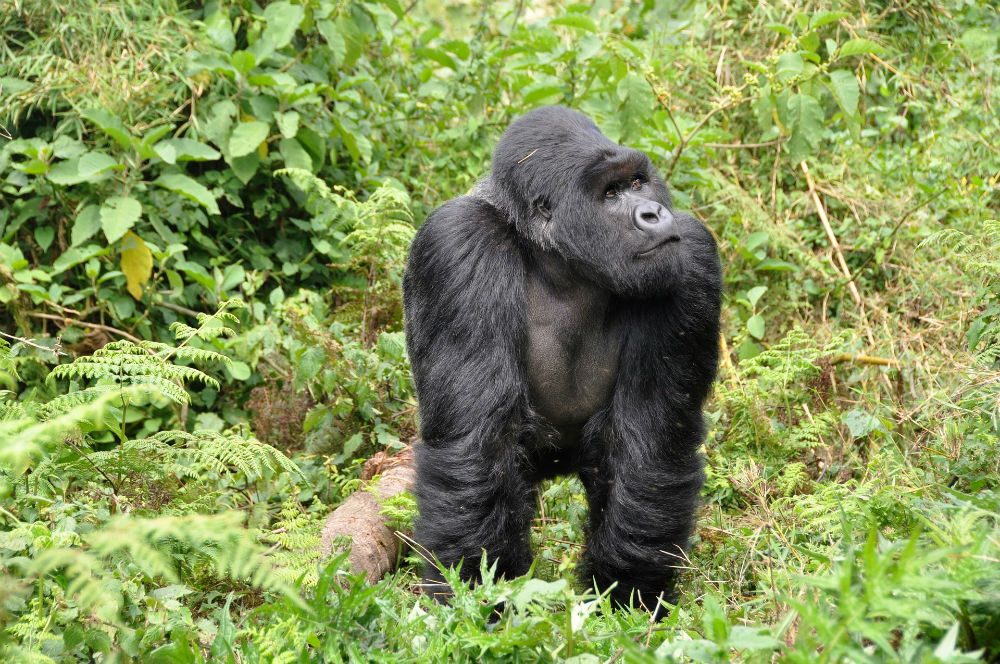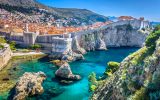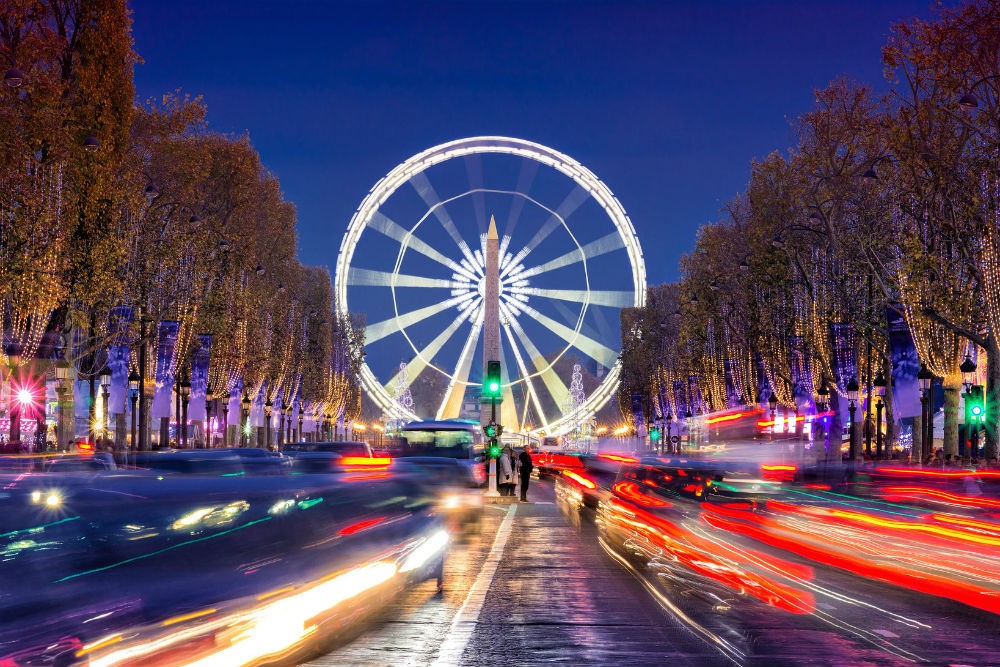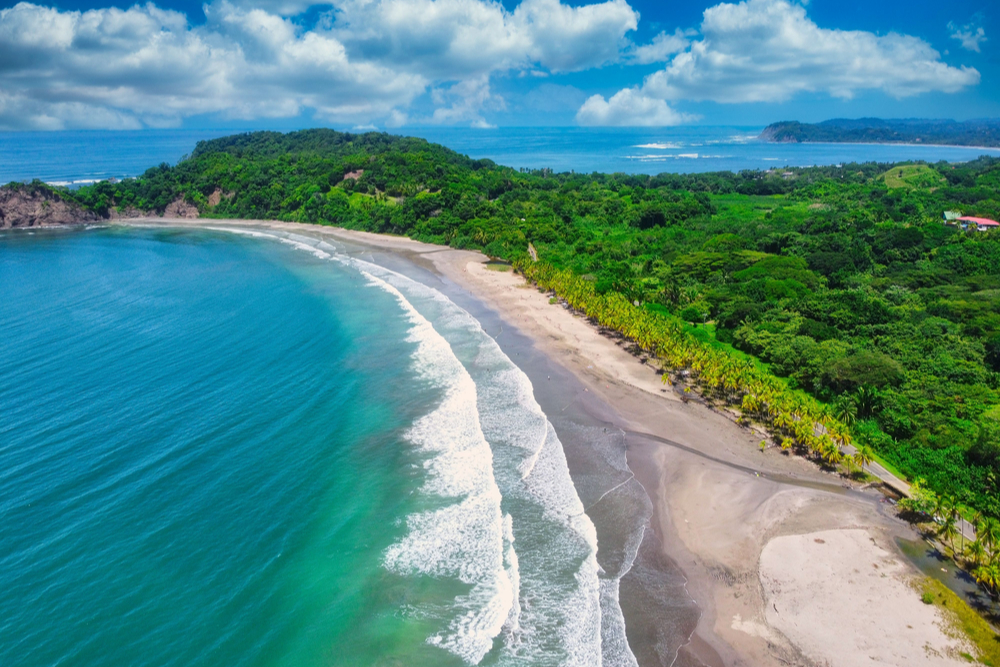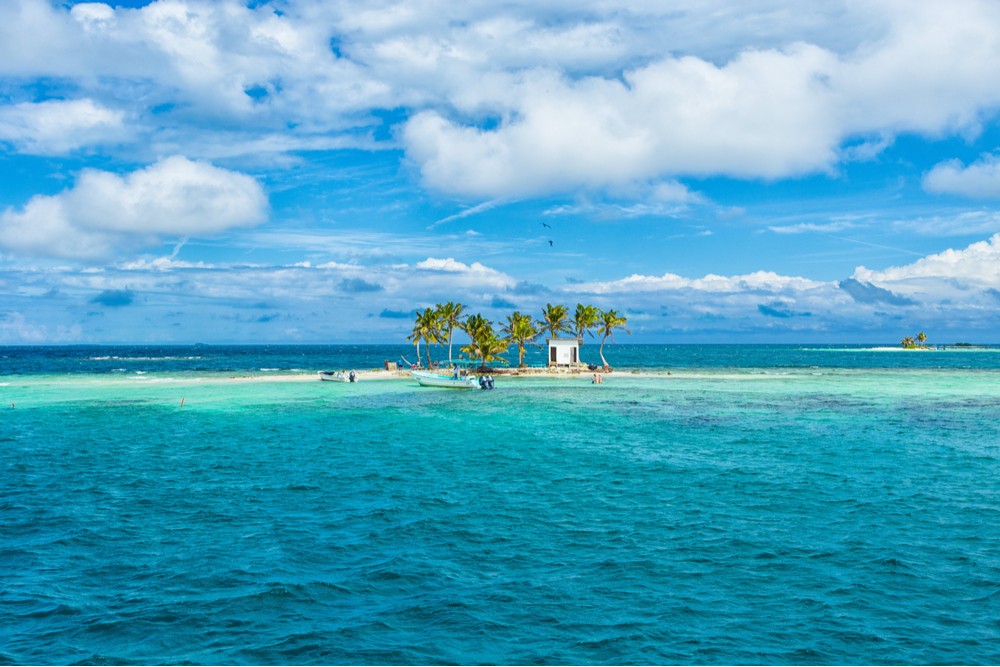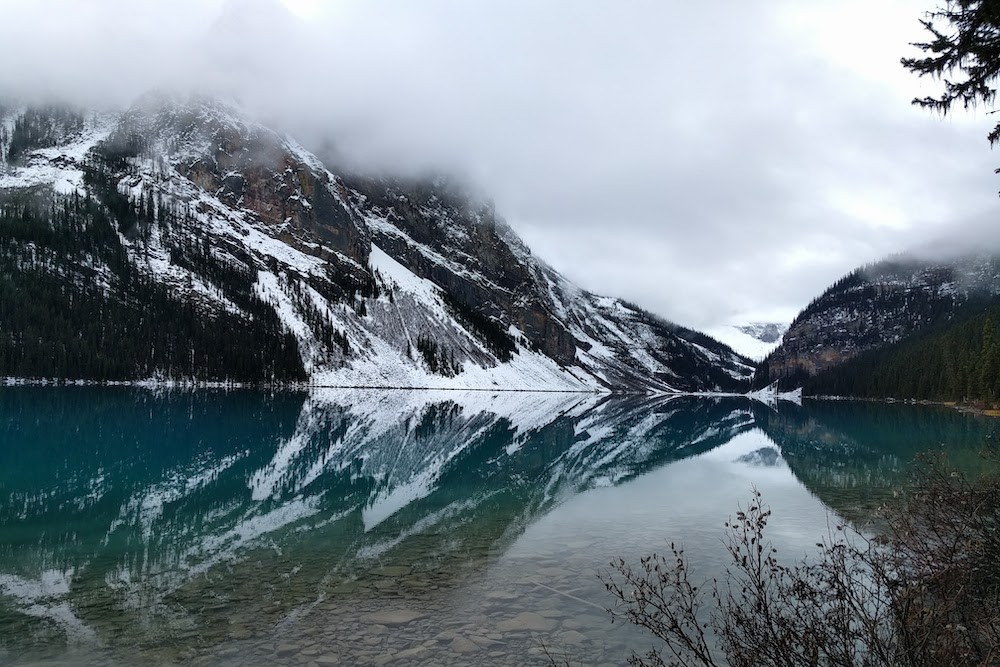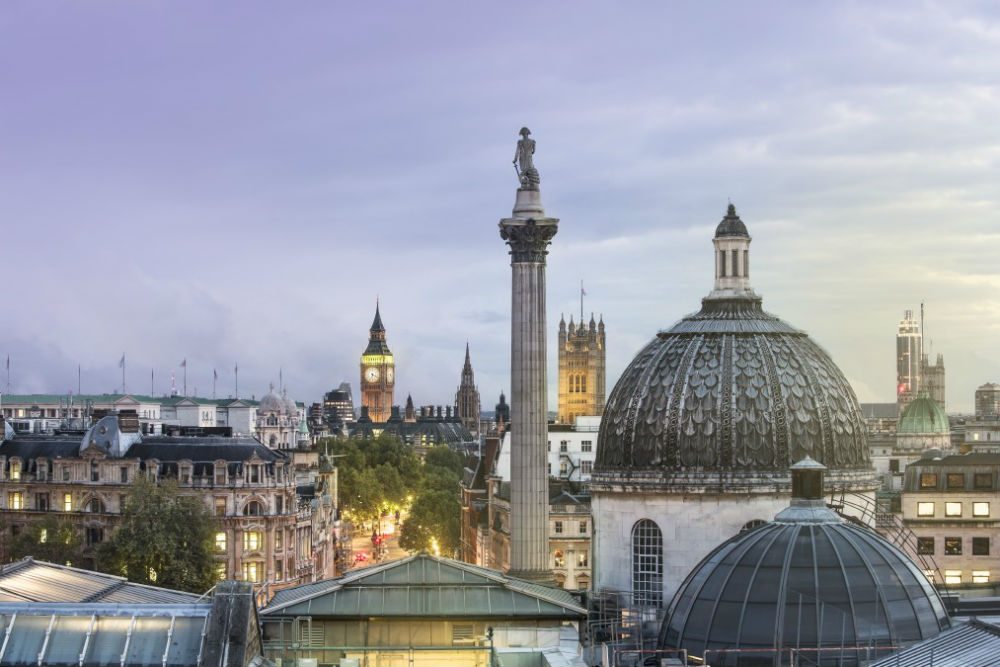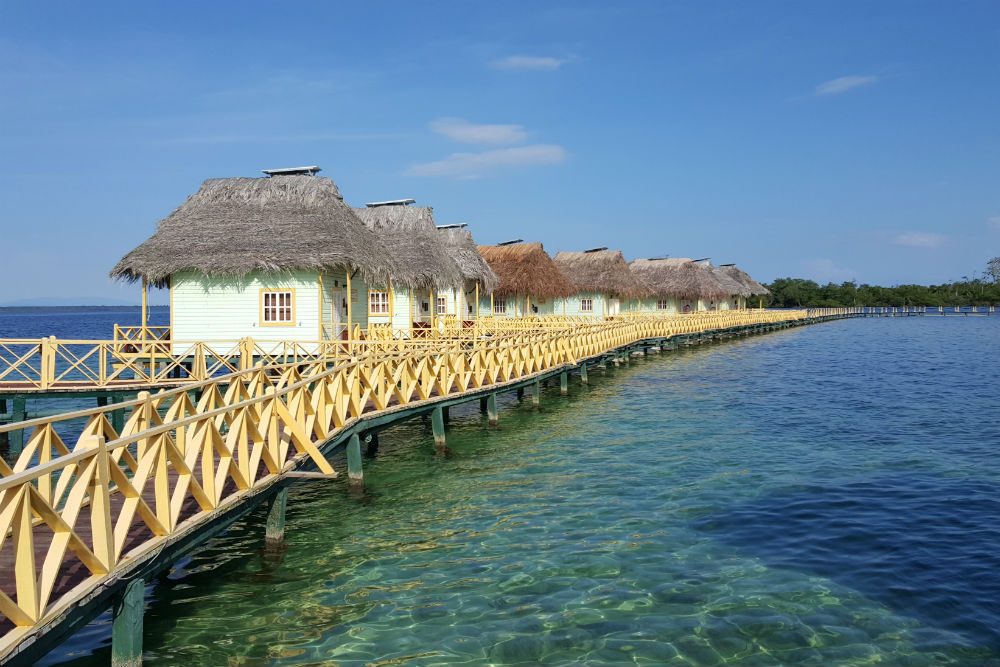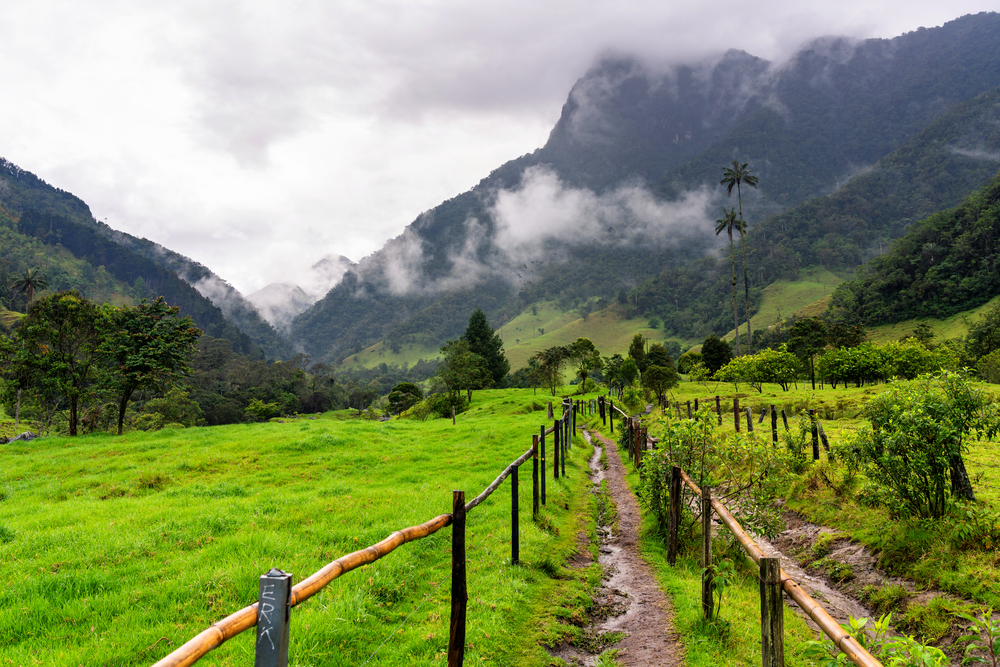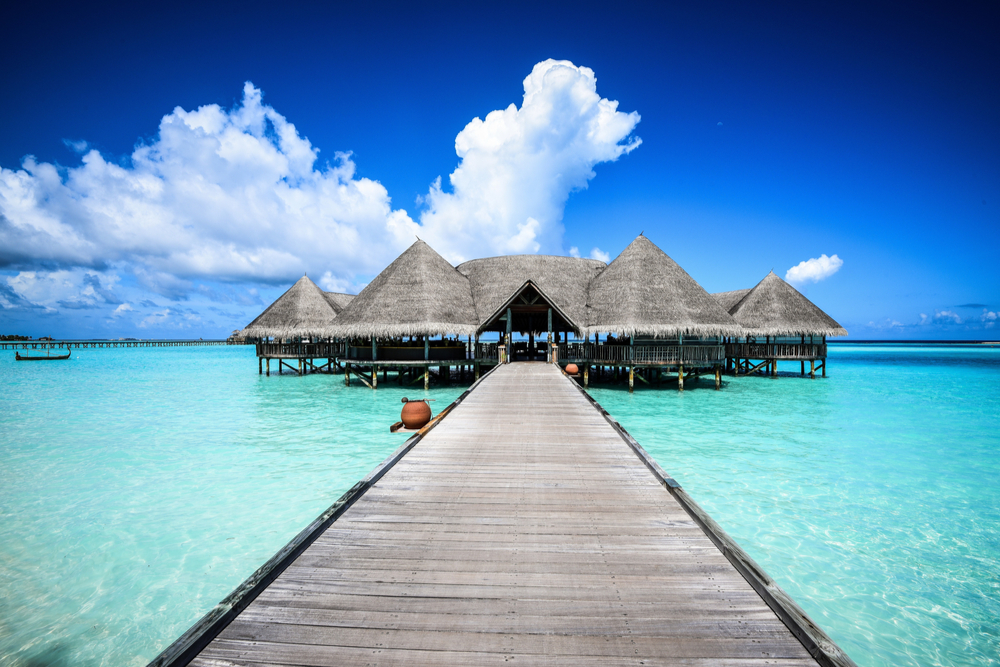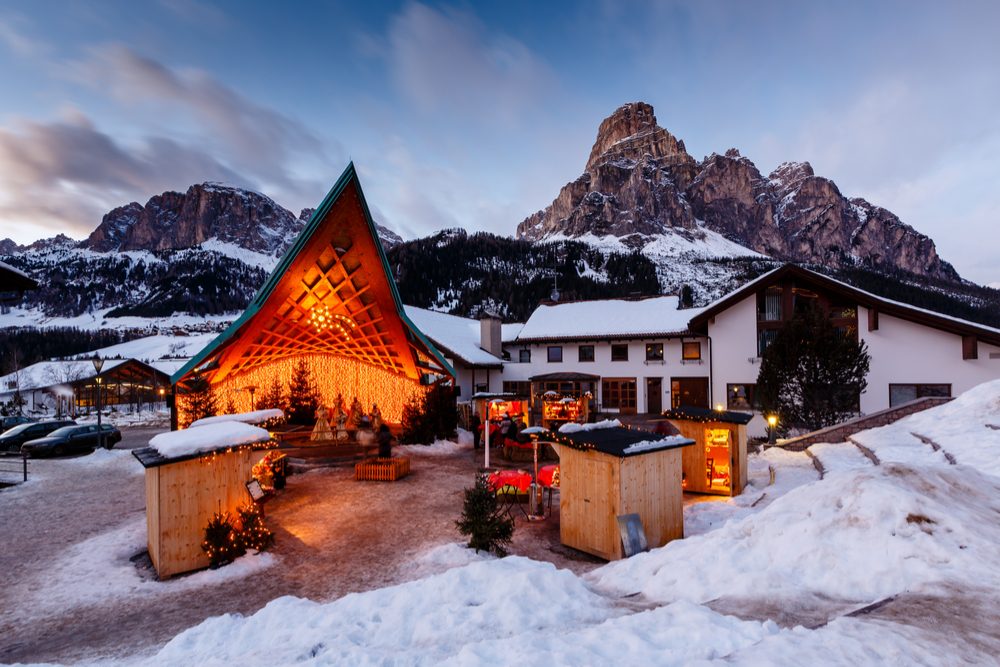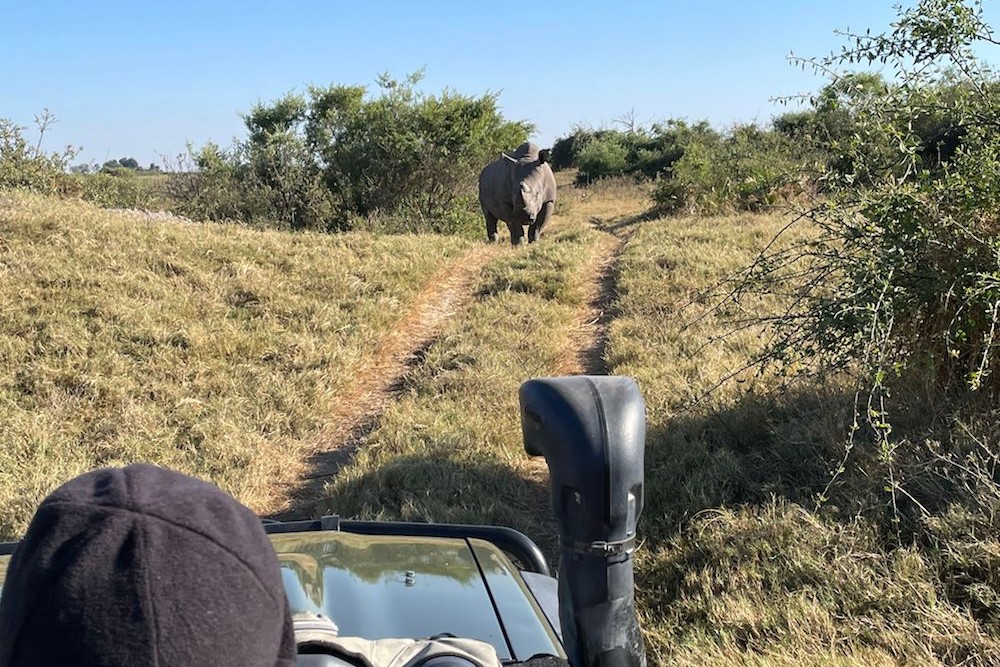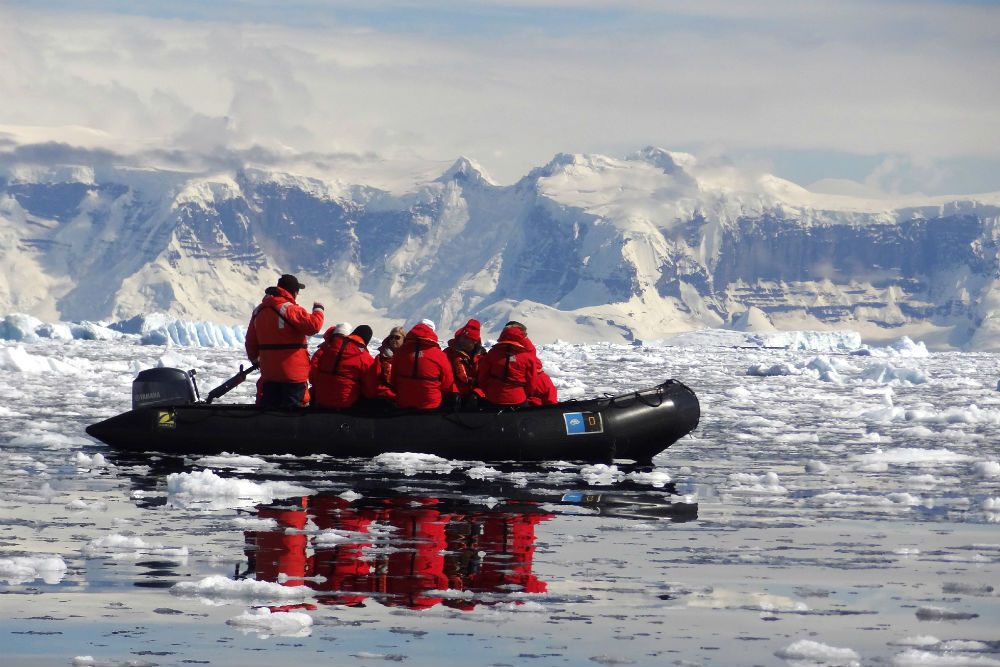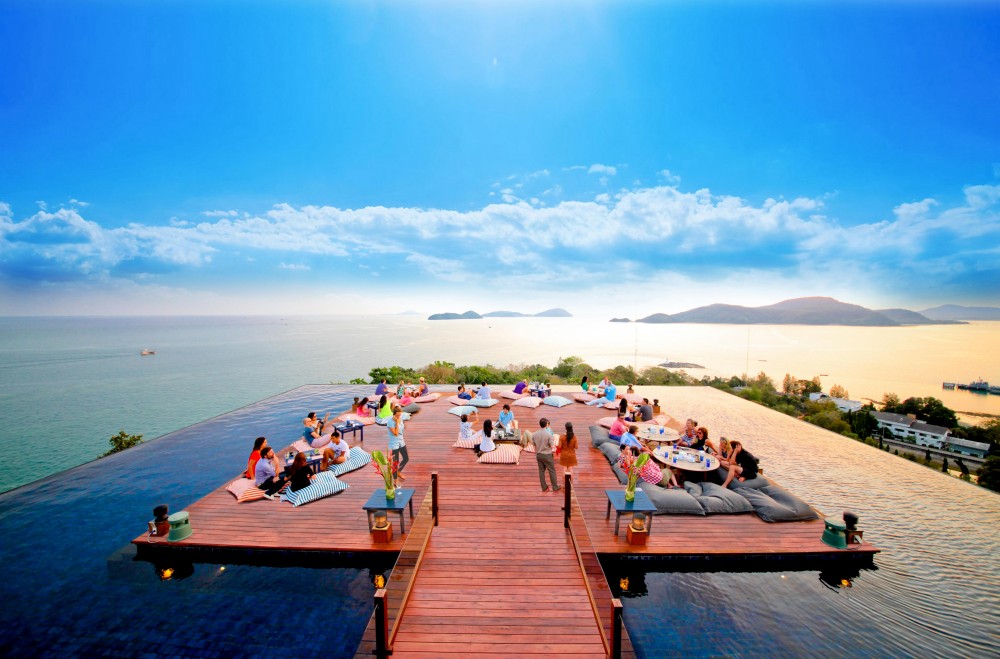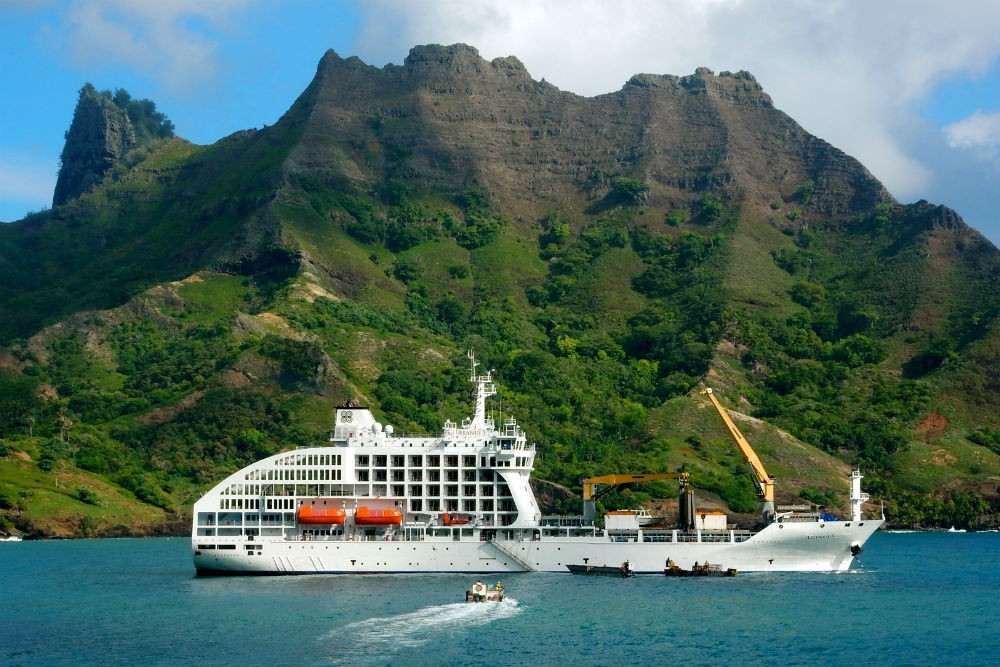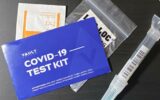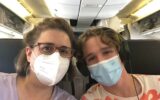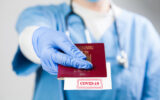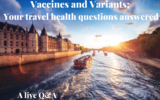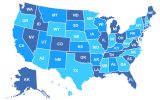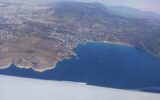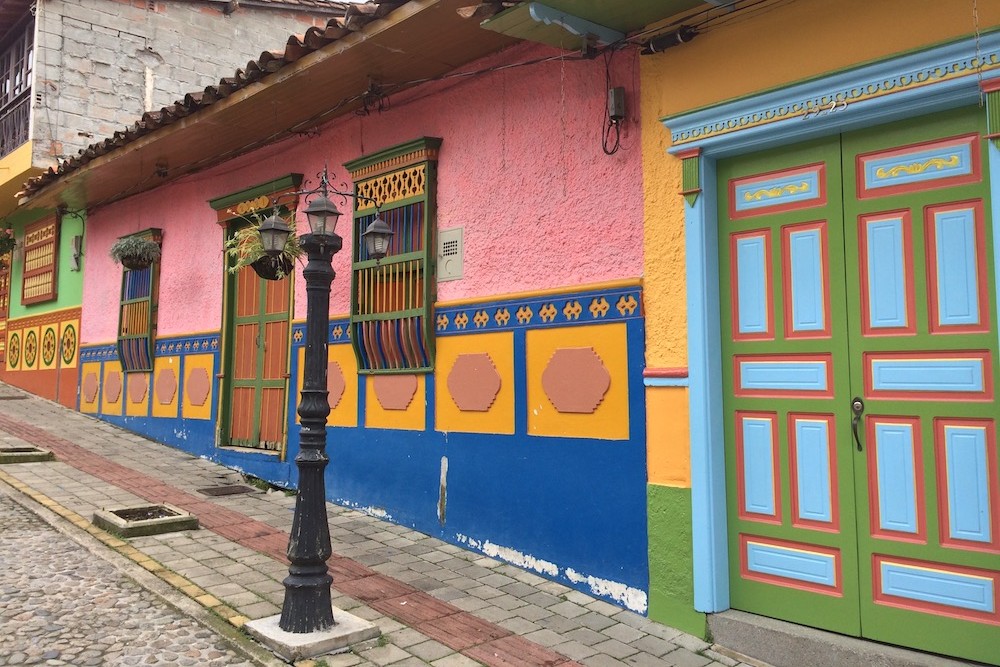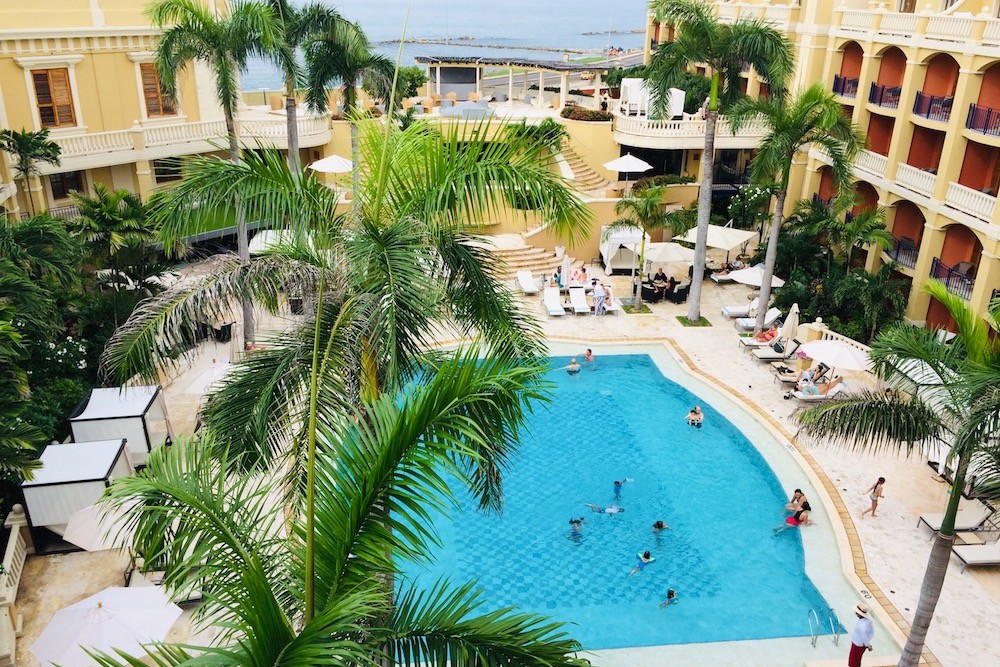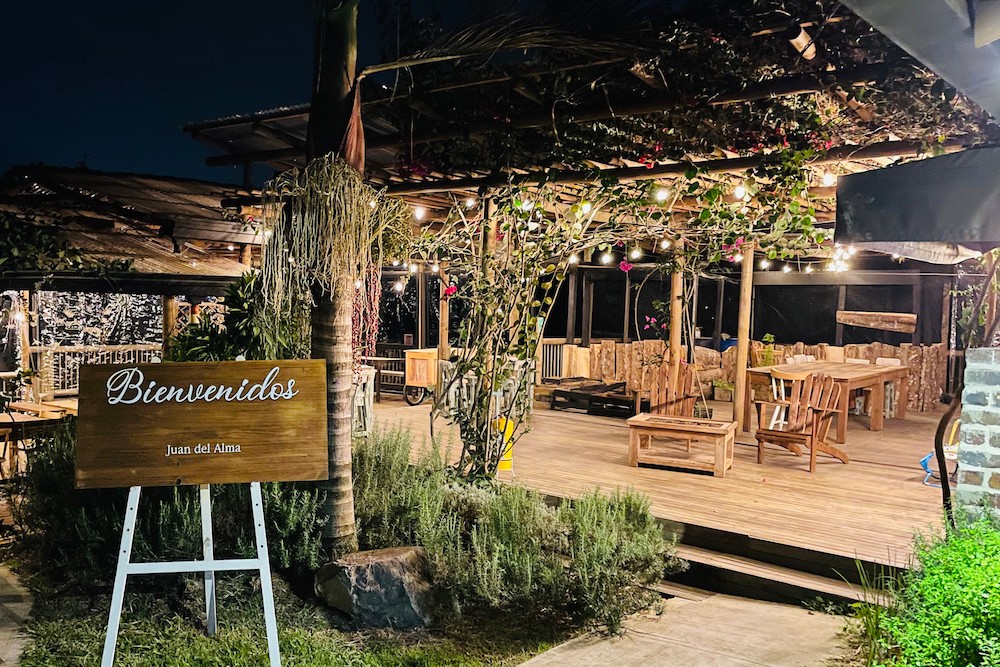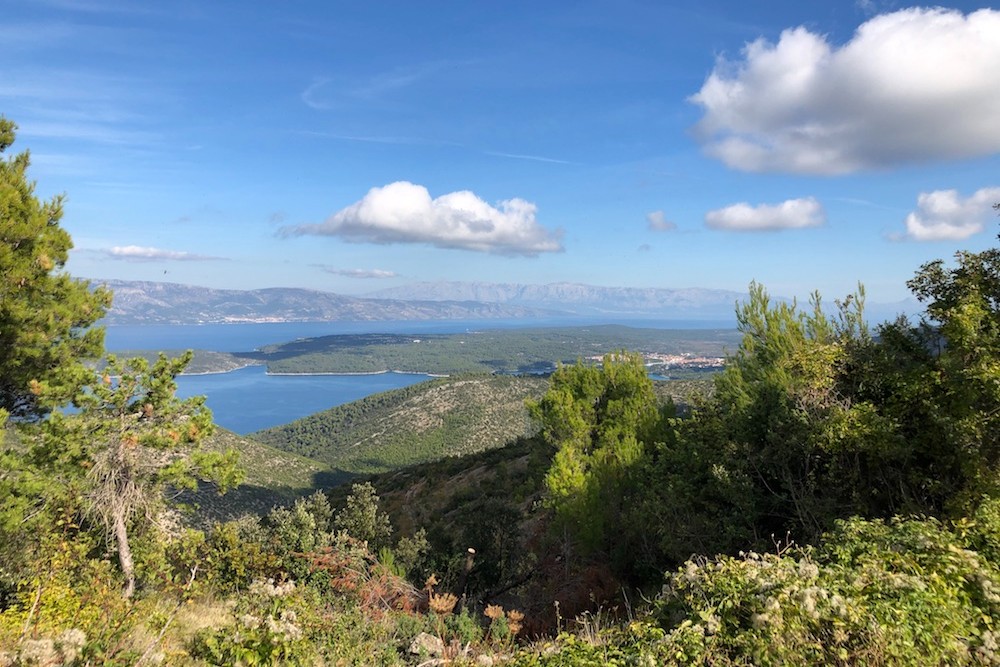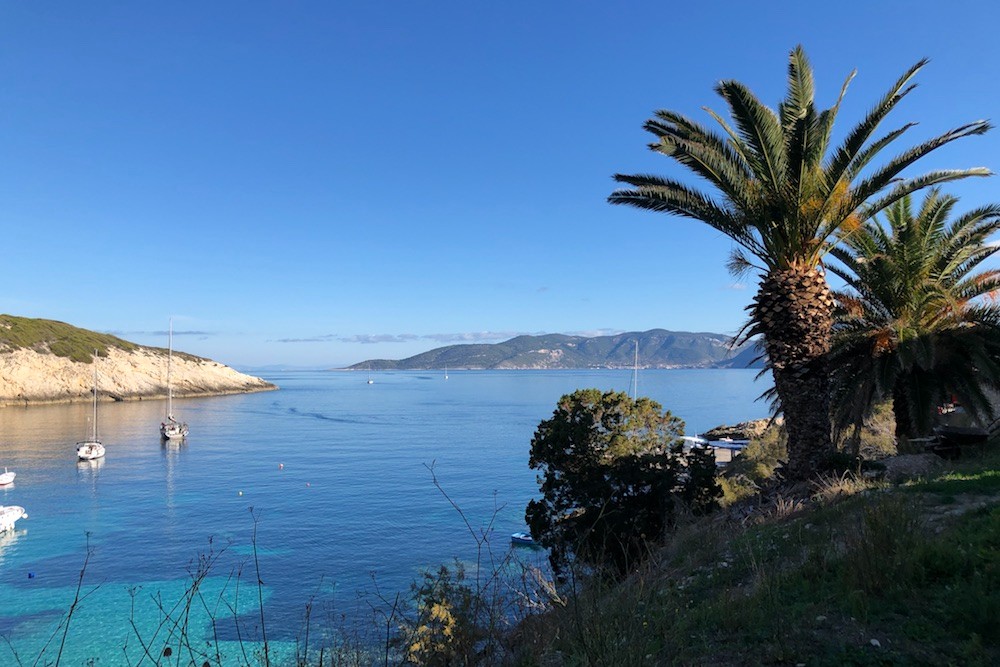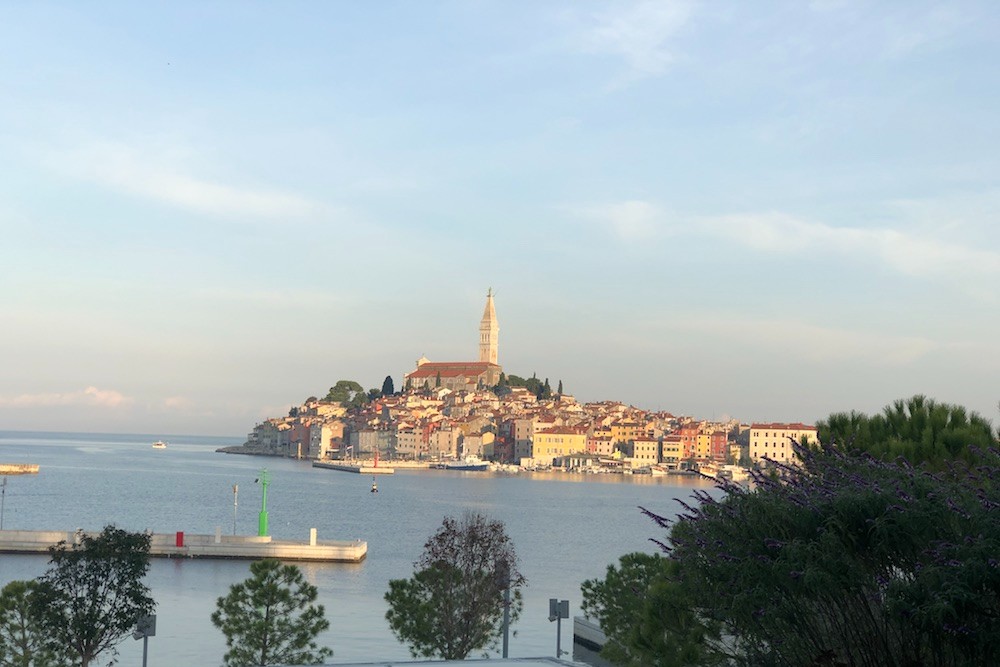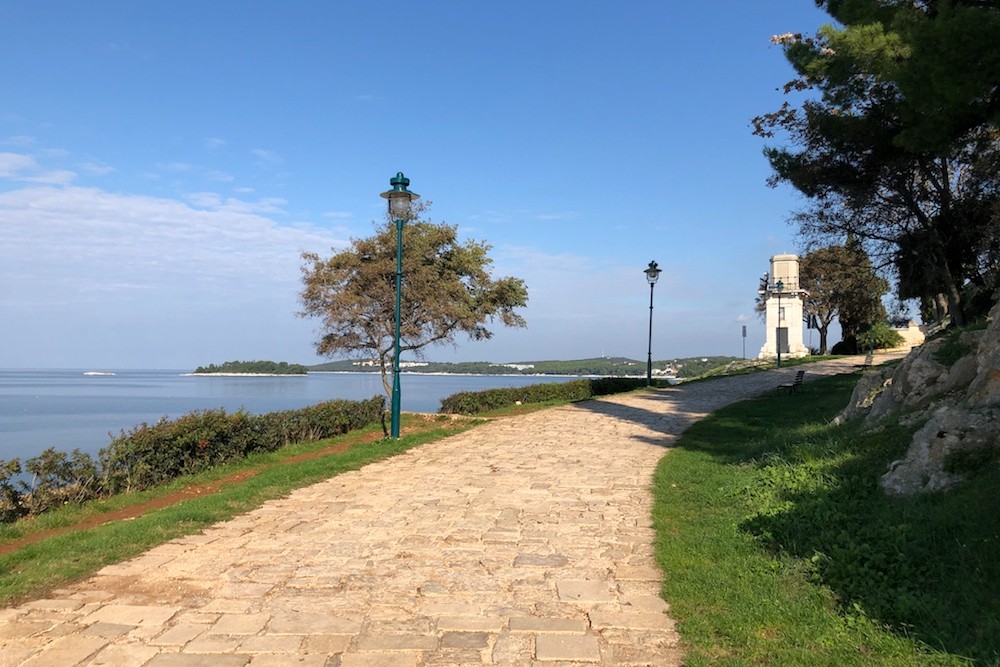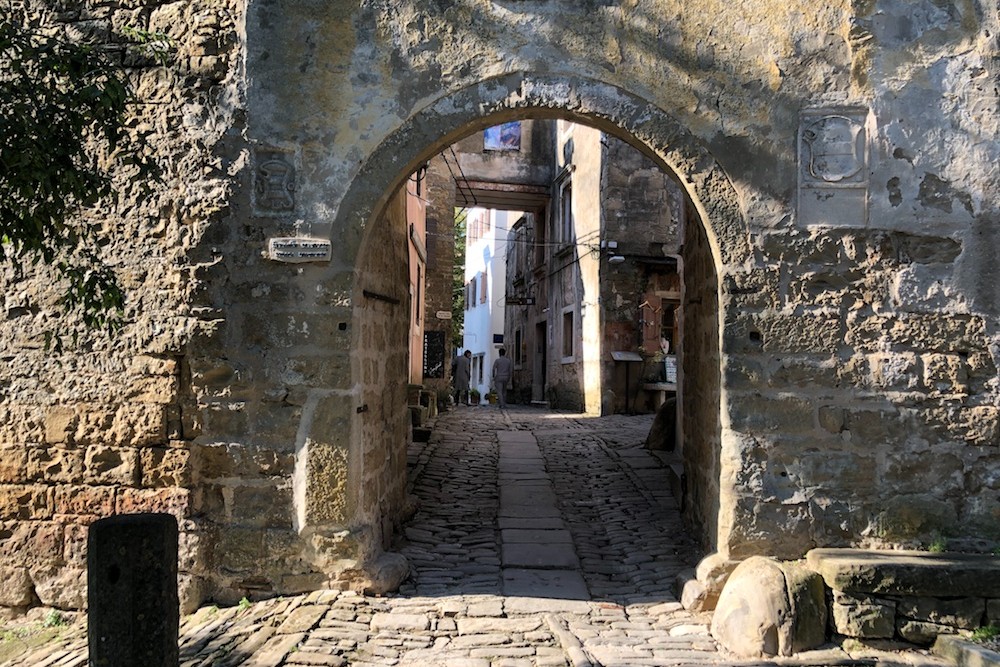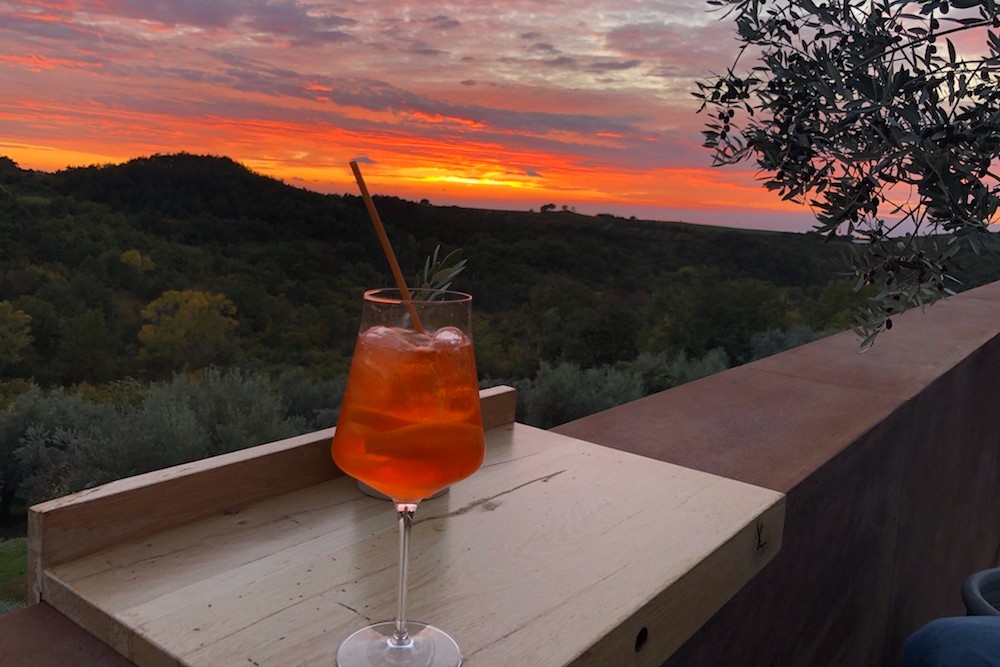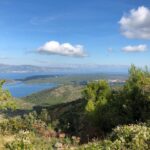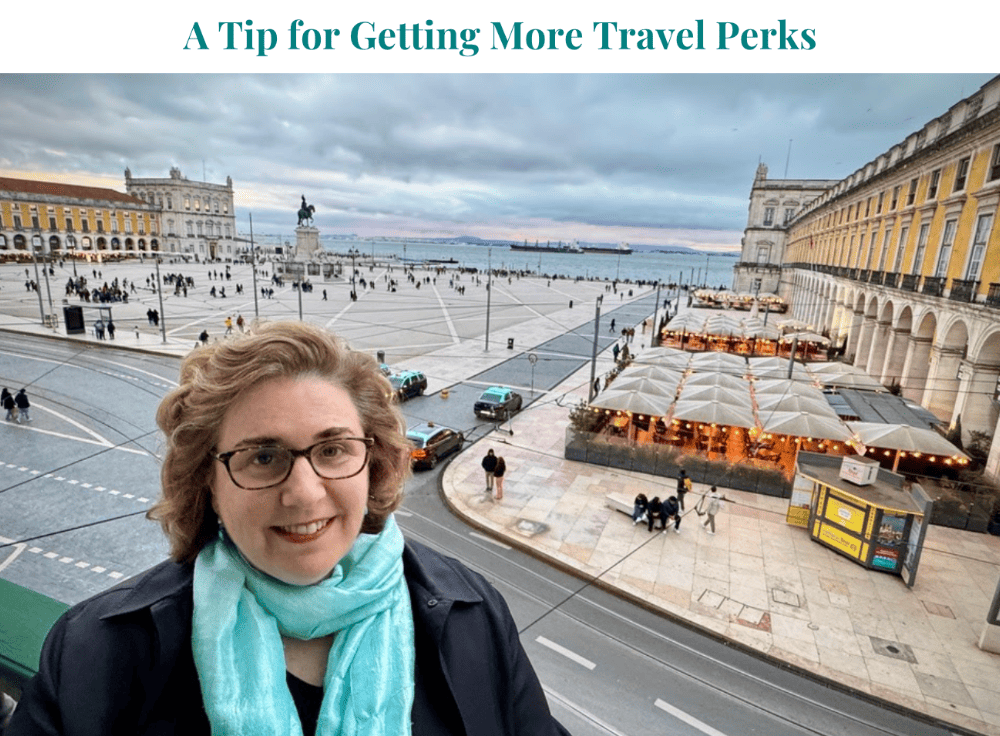Even when you arm yourself with the info below—each state’s most useful resources about quarantine rules, caseloads, reopening (or re-closing) plans, and guidance for travelers—it is tough to anticipate all the potential snags of a Covid-era trip.
A smart, safe, luxury vacation within the U.S.—say, in a remote wilderness lodge in Alaska, or on a private sailboat off New England—is possible, but so much depends on your specific individual situation that we recommend you write to us directly for personalized advice. We are longtime travel journalists with a network of smart travel sources, so we’re accustomed to cutting through the noise and news to get reliable answers about travel during Covid-19 (which we’ve been collecting in our Covid-19 Travel section, which includes intel on testing, insurance, and first-hand accounts from travelers). If you are thinking about a future international trip, we can advise you on that too. Don’t miss our article tracking which countries are open to U.S. travelers and what you can do there; if you are fully vaccinated, you can check out the subset of countries where you can travel if you’re vaccinated without pre-trip testing.
Note that the CDC now requires all air passengers coming into the U.S. to have proof of a negative test or documentation of recovery from Covid-19 before they board the plane. This requirement goes for U.S. citizens too. (Masks are required on all forms of public transportation traveling into, within, or out of the United States and in U.S. transportation hubs such as airports and stations.)
Once you land, the CDC recommends getting tested 3–5 days later, along with a post-trip self-quarantine of 7 days. Even if you test negative, they advise you to stay home for all 7 days. If you don’t get tested, the quarantine is 10 days. To help with that, we have info on how to get a quick-turnaround Covid test.
GET A PERSONALIZED TRIP RECOMMENDATION
Alabama
No travel restrictions for visitors
COVID-19 Information Hub
Alabama’s COVID-19 Data and Surveillance Dashboard
Traveler Information (Alabama Tourism)
Alaska
All nonresidents over the age of 10, including those who have been vaccinated, are asked to upload health declarations and information to Alaska’s Safe Travels online portal.
Travelers must provide proof of negative molecular-based SARS-CoV-2 test taken within 72 hours of arrival or take a free COVID-19 test at the airport. If your results are pending or if you take the test at the airport, you must strictly social distance (both at your own expense) until results come back. A second test taken 5 to 14 days after arrival is requested.
Fully vaccinated travelers do not have to test or quarantine.
Travelers who have documentation that they tested positive within the past 90 days do not have to submit to pre-trip testing or testing on arrival, but are strongly encouraged to get tested after 5 to 14 days in the state.
Beginning June 1, 2021, at participating airports, all travelers to Alaska will be eligible to receive a free COVID-19 vaccine.
COVID-19 (Coronavirus) Information
Safe Travels information
Reopening Plan
Traveler information, restrictions, and advisories (Travel Alaska)
Arizona
No travel restrictions for visitors
State Coronavirus Updates
Department of Health Services and Reopening Guidance
Traveler information, restrictions, and advisories (Visit Arizona)
Arkansas
No travel restrictions for visitors
Arkansas COVID-19 Information Hub
Arkansas COVID-19 Data Dashboard
Traveler information (Arkansas Tourism)
California
The state strongly discourags travel, asking people to delay until they’re fully vaccinated. For those who must travel, the advice is to follow CDC guidelines, i.e. get tested 1-3 days before travel, and 3-5 days after travel, and when you get home, self-quarantine for 7 days, no matter what your test results were. If you didn’t get tested, self-quarantine for 10 days.
All restrictions except those for conventions of more than 5,000 attendees are scheduled to lift statewide on June 15.
California COVID-19 Information Hub
Business and activity restrictions by county
COVID-19 Data Dashboard
Traveler Information for the State (Visit California)
Traveler information by region (Visit California)
Colorado
No travel restrictions for visitors, but they are advised to follow CDC guidelines.
Colorado COVID-19 Information Hub
Colorado COVID-19 Data Dashboard
Information on what’s open (state parks, campsites, retail, etc.)
Traveler guidance (Colorado Tourism)
Connecticut
No travel restrictions for visitors, but the state recommends following CDC guidelines for safe travel. Masks are required in public (indoors and outdoors) when six feet of social distancing is not possible
Connecticut COVID-19 Information Hub
Latest guidance on masks, social distancing, and what businesses are open
Traveler Advice and Regulations (Visit CT)
Delaware
No travel restrictions for visitors
Delaware’s COVID-19 Information Hub
Traveler Advisory (Visit Delaware)
Florida
No travel restrictions for visitors
Florida’s COVID-19 Information Hub
Florida’s COVID-19 Data Dashboard
Florida’s Reopening Plan
Traveler Advisory Updates (Florida Health Department)
Traveler Advice (Visit Florida)
Walt Disney World parks information (including mask requirement)
Georgia
No travel restrictions for visitors
Georgia’s COVID-19 Hub
Department of Health Daily Status Report
Traveler Advice and what’s open (Explore Georgia)
Hawaii
Hawaii has strict requirements for travelers:
•All travelers to Hawaii (including to Kau’ai) must have a negative Covid test prior to boarding the last leg of their flight to Hawaii and must upload the results to the state’s Safe Travels website before arrival. Anyone without a test or proof of the results must quarantine for 10 days. Travelers without a test or who cannot show sufficient proof of a negative test, must quarantine for 10 days or until they can show proof of negative results (testing and quarantine are at travelers’ own expense). All travelers, regardless of testing, will undergo temperature checks on arrival and must fill out a travel and health form. Some airlines are offer pre-flight virus testing to Hawaii-bound passengers.
•Effective July 8: Travelers who have been fully vaccinated in the U.S. can bypass Hawaii’s pre-trip Covid test and quarantine requirement. Travelers must upload their CDC card to the state’s Safe Travels Program and bring the card with them to Hawaii.
•Only certain tests are accepted by the state of Hawaii: FDA-approved NAAT nasal swab test from a CLIA-certified approved partner laboratory.
•Covid tests and quarantine are no longer required for travel between islands.
Hawaii COVID-19 Information Hub
Hawaii Travel info: Safe Travels Hub and test results upload information
Travel FAQs
COVID-19 Data Dashboard
Idaho
No travel restrictions for visitors, but they are advised to follow CDC guidelines.
Idaho’s COVID-19 Information Hub
Idaho’s Reopening Plan
Traveler Advice (Visit Idaho)
Illinois
The state has no restrictions for travelers, but Chicago does. The city’s testing and quarantine requirements are based on outbreak data for each state or territory. Travelers coming from a state or territory designated as Orange must quarantine for 10 days (or the length of their stay, if it’s less than 10 days), have proof of a negative Covid test taken within 72 hours of arrival to Chicago, or be fully vaccinated no less than two weeks prior to arrival. Travelers from yellow states do not have to test or quarantine. Everyone has to wear masks and abide by social distancing.
Illinois COVID-19 Information Hub
Chicago COVID-19 Information Hub
Restore Illinois reopening plan
Chicago reopening information
Chicago Emergency Travel Order and yellow/orange state designations
Indiana
No travel restrictions for visitors
Indiana’s COVID-19 Information Hub and Data Dashboard
Traveler Resources (Visit Indiana)
Traveler Resources for Indianapolis (Visit Indy/Indianapolis Tourism)
Iowa
No travel restrictions for visitors, but they are advised to follow CDC guidelines.
Iowa’s COVID-19 Information Hub
Current Case Status Dashboard
Traveler Advice (Travel Iowa)
Kansas
Quarantine is required for visitors who have been on a cruise, been to a mass event outside the state, and from certain states and countries. The length of the quarantine varies with each situation, and the list of states and countries is reviewed every two weeks. The length of quarantine may be shortened depending on whether you’ve been tested.
Kansas’s COVID-19 Resource Center
COVID-19 Cases Dashboard
Traveler Guidance (Travel KS)
Kentucky
No travel restrictions for visitors, but they are advised to follow CDC guidelines.
Kentucky’s COVID-19 Information Hub
Latest updates and openings
Travel Advisory (Kentucky state government)
Louisiana
No travel restrictions for visitors
Louisiana’s COVID-19 Information Hub
Traveler Information (Louisiana Travel)
Traveler info for New Orleans (New Orleans Tourism)
Maine
As of May 1, visitors from all states are exempt from Maine’s previous quarantine and testing requirements. However, if a state has a spike, the Maine CDC will re-apply requirements for visitors to and from that state.
Maine’s Coronavirus Hub
Division of Disease Surveillance and current data
Travel Protocols, FAQs, and Openings (Visit Maine Tourism)
Maryland
No travel restrictions for visitors
COVID-19 Information Hub
Covid Data Dashboard
Reopening Plan
Traveler Guidance (Visit Maryland)
Massachusetts
Visitors and returning residents are advised to follow a 10-day quarantine. If a traveler can show a negative test result administered up to 72 hours before arrival, or if they are two weeks out from their final dose of a vaccine, they may bypass quarantine (but quarantine must be observed until the test results are received). Visitors staying in Massachusetts for less than 24 hours can also bypass quarantine
COVID-19 Information Hub
Reopening Plan
Covid-19 Travel Advisory (state government)
Tourism information and Traveler FAQ (Visit MA)
Michigan
No travel restrictions for visitors
COVID-19 Information Hub
Reopening Plan
Guidelines for Traveles (Michigan tourism)
Minnesota
No travel restrictions for visitors, but they are advised to follow CDC guidelines.
COVID-19 Information Hub
Reopening plan and phases
Travel information (Minnesota Department of Health)
Travelers Guidance (Explore Minnesota)
Mississippi
No travel restrictions for visitors
COVID-19 Information Hub
Mississippi Case and Data Dashboard
Traveler Guidance (Visit Mississippi)
Missouri
No travel restrictions for visitors
COVID-19 Information Hub
Missouri Recovery Plan
Traveler Guidance (Visit Missouri)
Montana
No travel restrictions for visitors
COVID-19 Information Hub
Traveler Guidance and Resources (Visit MT)
Contact Info for Montana’s Tribal Nations and Reservations
Nebraska
Visitors to Nebraska from domestic locations have no travel restrictions, but anyone arriving from an international destination must follow CDC guidelines.
COVID-19 Information Hub
Nebraska Case and Data Dashboard
Traveler Recommendations (Nebraska Department of Health and Human Services)
Traveler Guidance (Visit Nebraska)
Nevada
No travel restrictions for visitors
COVID-19 Information Hub
Reopening and phases plan
State-wide Traveler Information (Visit Nevada)
Traveler Information for Las Vegas (Visit Las Vegas)
New Hampshire
Travelers from domestic locations have no travel restrictions, but are advised to follow CDC guidelines, including getting a PCR test 3-5 days after travel.
Travelers returning from cruises or international travel must quarantine for 10 days. They may test out of quarantine if they take a PCR test on day 6 or 7 (antigen/rapid tests are unacceptable), results come back negative, and they are asymptomatic. But the state advises these travelers to self-monitor for symptoms for all 10 days and strictly adhere to mitigation measures.
Travelers do not need to quarantine for 10 days or get tested for COVID-19 if either of the following apply: They have had both doses of a Covid-19 vaccination and more then 14 days have passed since receiving the second dose, OR they tested positive for active COVID-19 infection (by PCR or antigen testing) in the last 90 days (if the infection was more than 90 days ago, then the traveler must follow the quarantine rules).
COVID-19 Information Hub
Cases and Data Dashboard
Reopening Plan
Traveler information and quarantine rules (state)
Tourism resources (Visit NH)
New Jersey
Non-essential travel is strongly discouraged, but if you do travel it is recommended that you follow CDC guidelines and get tested 1–3 days before the trip and 3–5 days after. Even if you test negative, you should still quarantine for 7 days. If testing is not available or results are delayed, you should quarantine for 10 days.
Fully vaccinated travelers and those who have recovered from Covid-19 in the past three months are exempt.
All travelers from from New York, Connecticut, Pennsylvania, or Delaware (even if unvaccinated) are also exempt.
NJ’s COVID-19 Information Hub
Live Data Dashboard
Traveler Quarantine Information and Health Form (Visit NJ)
Reopening Plan
New Mexico
Travelers arriving from high-risk states (with a 5% or higher positivity rate over a 7-day average) are advised to self-quarantine for at least 10 days and to seek out a Covid test. Testing locations and availabilities are available at togethernm.org.
COVID-19 Information Hub
Cases and Data Dashboard
COVID-19 Related Travel Restrictions & Recommendations (New Mexico Department of Health)
Traveler information (New Mexico Tourism)
New York
There are no quarantine or testing requirements for asymptomatic domestic or asymptomatic international travelers arriving in New York, but the state still recommends testing and quarantine for the following groups:
•Fully vaccinated individuals who have not recovered from COVID-19 in the past 3
months are recommended to get tested 3-5 days after arrival in New York from
international travel.
•All unvaccinated domestic and international travelers who have not recovered from COVID-19 in the past 3 months are recommended to get tested 3-5 days after arrival in New York, consider non-mandated self-quarantine (7 days if tested on day 3-5, otherwise
10 days), and avoid contact with people at higher risk for severe disease for 14 days,
regardless of test result.
All travelers must still complete the Traveler Health Form unless the traveler had left New York for less than 24 hours or is coming to New York from Pennsylvania, New Jersey, Connecticut, Massachusetts and Vermont.
New York State’s COVID-19 Information Hub
Phased Regional Reopening Information
Cases and Data Dashboard
NY State Covid-19 Travel Advisory (state government)
NY State Traveler Information (NY State tourism)
New York City Traveler Information (NYCGo)
North Carolina
No travel restrictions for visitors
COVID-19 Information Hub
Data Dashboard
Reopening Plan with information on local restrictions and what’s open
Traveler Guidance (Visit NC)
North Dakota
No travel restrictions for visitors, but they are advised to follow CDC guidelines.
COVID-19 Information Hub
Reopening Updates
Traveler Guidance (State Health Department)
Traveler Guidance (ND Tourism)
Ohio
No travel restrictions for visitors, but they are advised to follow CDC guidelines.
COVID-19 Information Hub
Data Dashboard
Ohio Reopening Plan
State Travel Advisory (Ohio Department of Health)
Oklahoma
Travelers are requested to wear face masks and limit participation in indoor gatherings for 10 to 14 days, in accordance with CDC guidelines.
COVID-19 Information Hub
Traveler Guidance (Oklahoma Department of Health)
Traveler Guidance (Oklahoma City)
Oregon
Travelers are requested to self-quarantine for 14 days. Travelers are exempt if they are 14 days past their final vaccine dose and have no COVID-19 symptoms.
COVID-19 Information Hub
Reopening Plan and County Status
Travel Alerts (Travel Oregon)
Pennsylvania
No travel restrictions for visitors
COVID-19 Information Hub
Cases and Hospital Data
Traveler information (Pennsylvania Department of Health)
Rhode Island
Domestic travelers from hot spots (the list is updated regularly) must provide proof of a negative Covid test taken within 72 hours of arrival or quarantine for 10 days.
International travelers must quarantine for 10 days, but If you have a negative result from a test taken at least 5 days after you arrived, you may shorten quarantine to 7 days.
Fully vaccinated travelers do not have to quarantine but are still encouraged to get a COVID-19 test between 5 and 10 days after out-of-state travel.
COVID-19 Information Hub
Reopening Plan
Tourism information (Visit Rhode Island)
Traveler Guidance and FAQs, including testing sites for visitors (RI Department of Health)
South Carolina
No travel restrictions for visitors, but anyone who has traveled is advised to stay home as much as possible and to wear a mask in public.
COVID-19 Information Hub
State Parks Information
Traveler Guidance (State government)
South Dakota
No state travel restrictions for visitors, but some tribal lands are closed to anyone without a permit for providing essential or emergency services. See more information about tribal checkpoints here.
COVID-19 Information Hub
Reopening Plan
Cases and Data Dashboard
Tourism information (Travel South Dakota)
Tennessee
No travel restrictions for visitors
COVID-19 Information Hub
Cases and Data Dashboard
Traveler Guidance (Tennessee Vacation)
Texas
No travel restrictions for visitors
Texas’s COVID-19 Information Hub
Cases and Data Dashboard
Reopening Plan
Travel updates (state government)
Traveler Guidance (Travel Texas)
Utah
No travel restrictions for visitors
Utah’s COVID-19 Information Hub
Cases and Data Dashboard
Utah State Parks Information
Utah National Parks Information
Traveler Guidance (Visit Utah)
Vermont
Domestic travelers do not have to quarantine, but unvaccinated visitors (including children and Vermont residents) must have a COVID-19 test within 3 days prior to arriving in Vermont (see rules here).
International travelers must follow CDC after-travel guidelines for testing and quarantine.
Visitors to Vermont must follow the same gathering rules as locals. See full details here.
COVID-19 Information Hub
Cases and Data Dashboard
Traveler requirements and FAQ (Vermont state government)
Traveler Guidance (Vermont Tourism)
Virginia
No travel restrictions for visitors, but they are advised to follow CDC guidelines.
COVID-19 Information Hub
Cases and Data
FAQs about openings, restaurants, and more
Traveler Information (Virginia Department of Health)
Traveler Guidance (Virginia Tourism)
Washington, D.C.
A negative test (taken within 72 hours of arrival) is required for travelers from jurisdictions with more than 10 cases per 100,000 people. Any traveler staying in Washington, D.C. for more than 3 days must take another test within 3 to 5 days of arrival.
Exemptions:
-Those who are fully vaccinated (and do not have Covid symptoms)
-Those who have tested positive in the last 90 days and do not have symptoms.
-Visitors from Maryland, Virginia, Arizona, Arkansas, California, Guam, Hawaii, Kansas, Louisiana, Mississippi, Missouri, Nevada, New Mexico, Northern Mariana Islands, Oregon and the Virgin Islands
-Visitors coming into D.C. for less than 24 hours
COVID-19 Information Hub
Traveler Guidance (Washington D.C. Tourism)
Open/Close Information on Museums, Restaurant, Festivals, and Attractions
Washington State
No travel restrictions for visitors, but they are advised to follow CDC guidelines.
COVID-19 Information Hub
Cases and Data Dashboard
Reopening Plan
Traveler information (Washington state government)
West Virginia
No travel restrictions for visitors
COVID-19 Information Hub
Traveler Guidances (West Virginia Tourism)
Wisconsin
No travel restrictions for visitors, but the Wisconsin Department of Health Services recommends residents cancel or postpone travel, even within the state, unless they are fully vaccinated.
COVID-19 Information Hub
Cases and Data
Traveler Guidance (Wisconsin Department of Health Services)
Wyoming
No travel restrictions for visitors
COVID-19 Information Hub
Travel updates (Wyoming Department of Health)
Traveler Guidance (Wyoming Tourism)
Additional Resources
CDC Guidelines for Domestic Travel (CDC)
CDC Guidelines for After International Travel (CDC)
COVID-19 cases by state (CDC)
Covid-19 Travel Recommendations by Country (CDC)
COVID-19 Risk Map for Every U.S. County (Harvard Global Health Institute)
Health departments by state (CDC)
Mask mandates and business restrictions by state (The New York Times)
Mask mandates by state (Pew Trusts)
National Park restrictions by state (National Park Service)
Restaurant restrictions by state (Open Table)
How to Get a Quick Covid Test for Travel (WendyPerrin.com)
The Countries That Have Reopened to U.S. Travelers With No 14-Day Quarantine and What You’ll Find There (WendyPerrin.com)
How to Stay Safe on a Road Trip During Covid (WendyPerrin.com)
Pandemic-Era Travel: The Trip Reviews That Matter Most Right Now (WendyPerrin.com)
We’re here to help
Right now is a remarkable opportunity for global travelers who are vaccinated. When your friends say that travel is problematic as a result of the pandemic—rental cars aren’t available, service even at 5-star hotels is shoddy—the problem is they’re not planning their trips right! Travel can be spectacular now if you choose the right destination, know the savviest local fixers, and approach them the optimal way. Check out these recent trip reviews to see the difference that Wendy’s WOW approach to trip planning makes. And if you’re looking for a similarly carefree travel experience, contact us at Ask Wendy.
Be a safer, smarter traveler: Sign up for Wendy’s weekly newsletter to stay in the know. And read real travelers’ reviews of Wendy’s WOW List and use it to plan your next trip.

